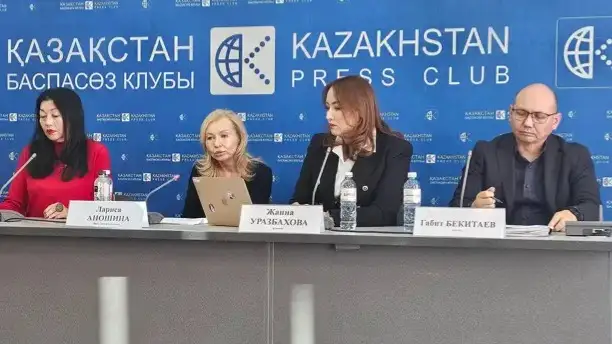
Feb 20, 2025 | Advocacy, News
The International Commission of Jurists (ICJ) condemns the initiation of criminal proceedings by Almaty Police Department against lawyers Zhanna Urazbakhova and Gabit Bekitayev in Almaty. The ICJ believes that these proceedings are likely to have been undertaken in response to the lawful exercise of their professional duties.
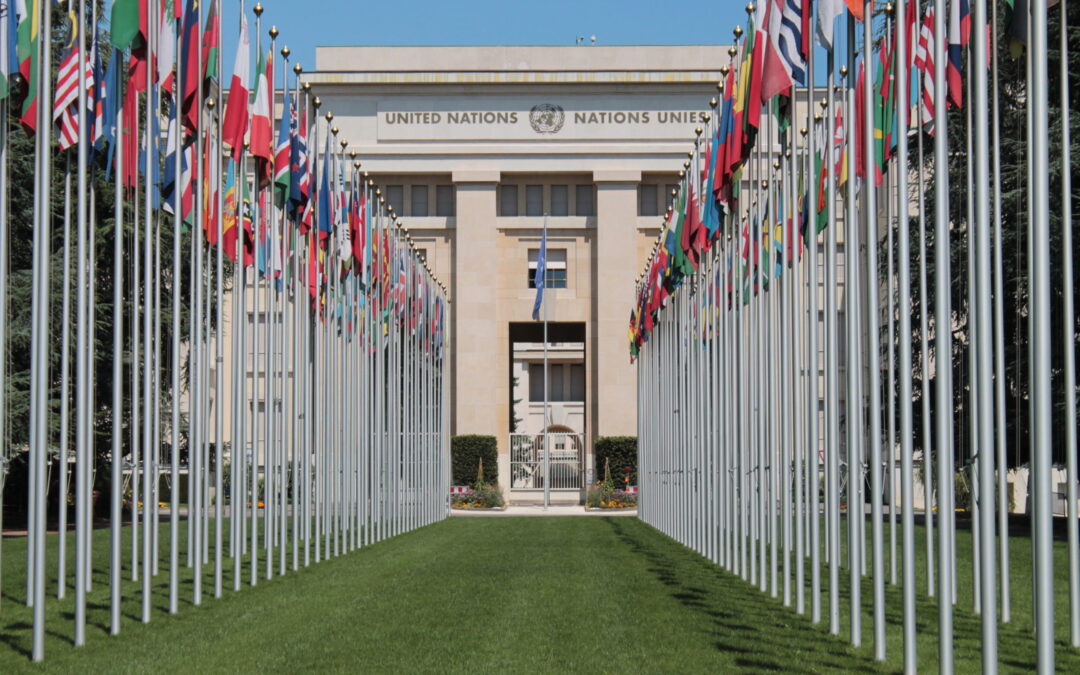
Mar 22, 2022 | Advocacy, Non-legal submissions
The ICJ today alerted the UN Human Rights Council, during a general debate, on the situation of serious human rights violations in the Russian Federation, Kazakhstan, Egypt and Jammu and Kashmir and called on it to work towards ensuring accountability.
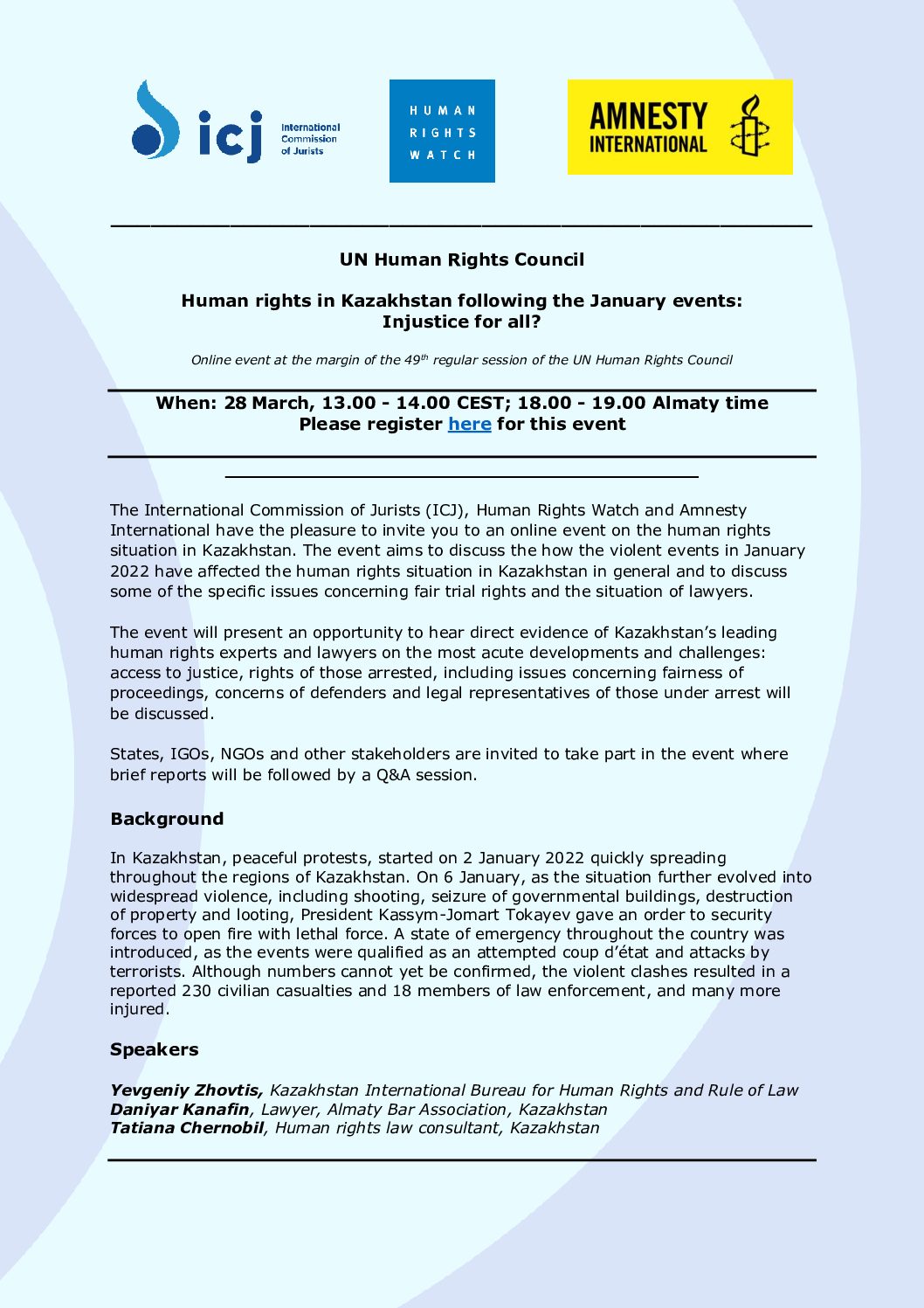
Mar 22, 2022 | Events, News
Online event at the margin of the 49th regular session of the UN Human Rights Council When: 28 March, 13.00 – 14.00 CEST; 17.00 – 18.00 Almaty time. Please register here for this event. The International Commission of Jurists (ICJ), Human Rights...
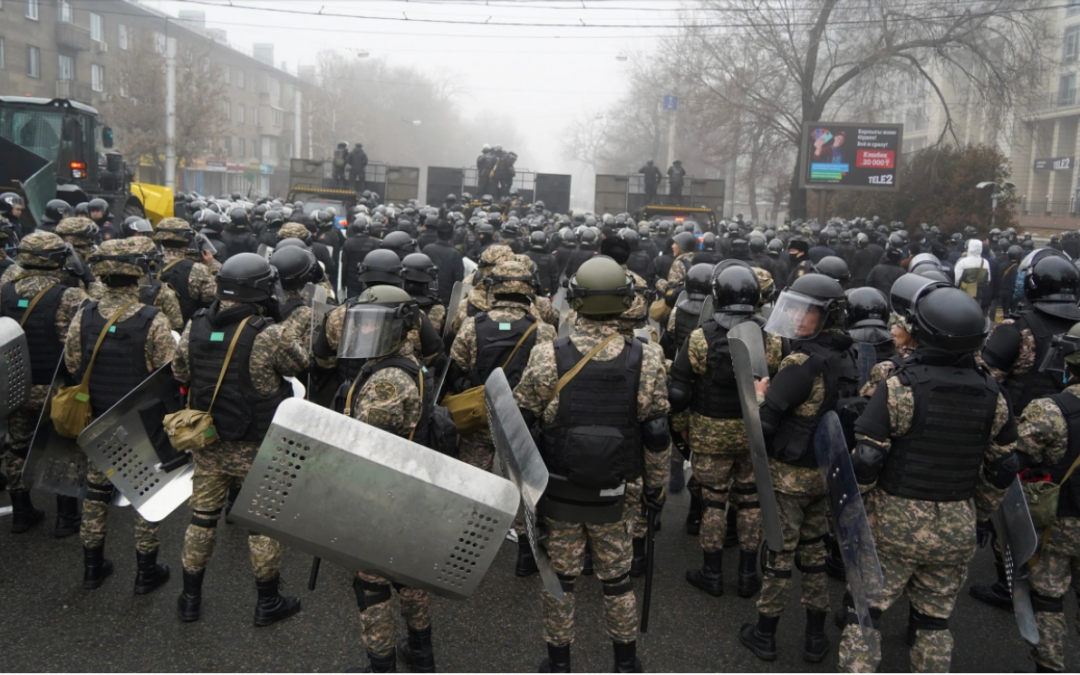
Jan 14, 2022 | News
As mass arrests are made following protests and violent clashes in Kazakhstan, it is essential that those arrested or detained have access to a lawyer, to judicial review of detention and to a fair trial, the ICJ said today.
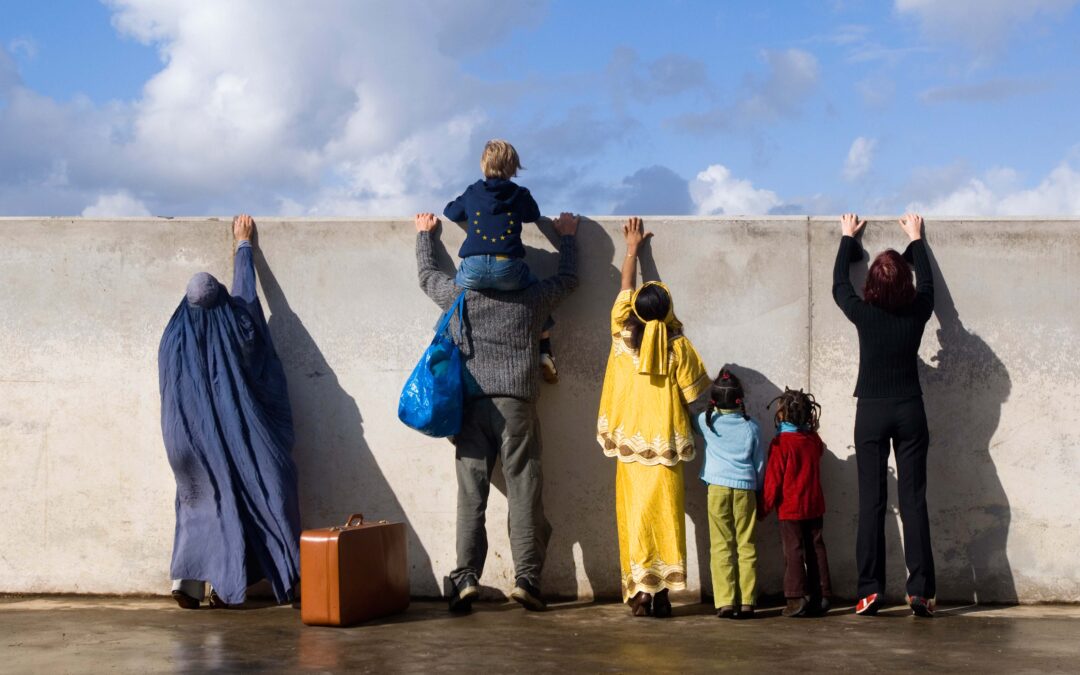
Aug 28, 2020 | Agendas, Events
Today, the ICJ and LPRC began a series of online seminars on international human rights mechanisms for the protection of migrants, refugees and asylum seekers for 44 Kazakh defense lawyers and human rights defenders of NGOs.
The seminars took plance via online communication on 28 and 29 of August and 12 of September. The event was of particular importance given the impact of COVID-19 on migration processes in Kazakhstan and Central Asia region.
The seminar lectures were delivered by prominent international experts in the field of migration from the International Commission of Jurists, representatives of the UNHCR Complaints Division, the European Council for Refugees and Exiles (ECRE) and the Greek National Human Rights Commission.
The participants discussed international principles and fundamental documents on expulsion, detention and protection, briefly overviewed the economic, social and cultural rights of migrants, and considered the hierarchy of legal acts in Kazakhstan, the relationship between international law and national legislation. The training program consisted of theoretical and practical components to strengthen the gained knowledge and develop practical skills for the protection of migrants at the international level. A training module was prepared for the participants with an overview of access to international human rights mechanisms.
This seminar complements previously conducted trainings for 105 defense lawyers and human rights defenders of non-profit organizations on strategic judicial protection of migrants and ensuring the exchange of best practices and strategies between Kazakhstani and European lawyers.
The seminar was organized by the Legal Policy Research Center (LPRC) in cooperation with the International Commission of Jurists (ICJ) and the International Commission of Jurists – European Institutions (ICJ-EI), with financial support from the European Union under the project “Strengthening Legal Protection of Migrants’ Rights in Kazakhstan”. The project aims to improve the access of migrants to national and international instruments for the protection of human rights in Kazakhstan, as well as to stimulate professional training and cooperation between specialized lawyers from Kazakhstan and their European counterparts.









